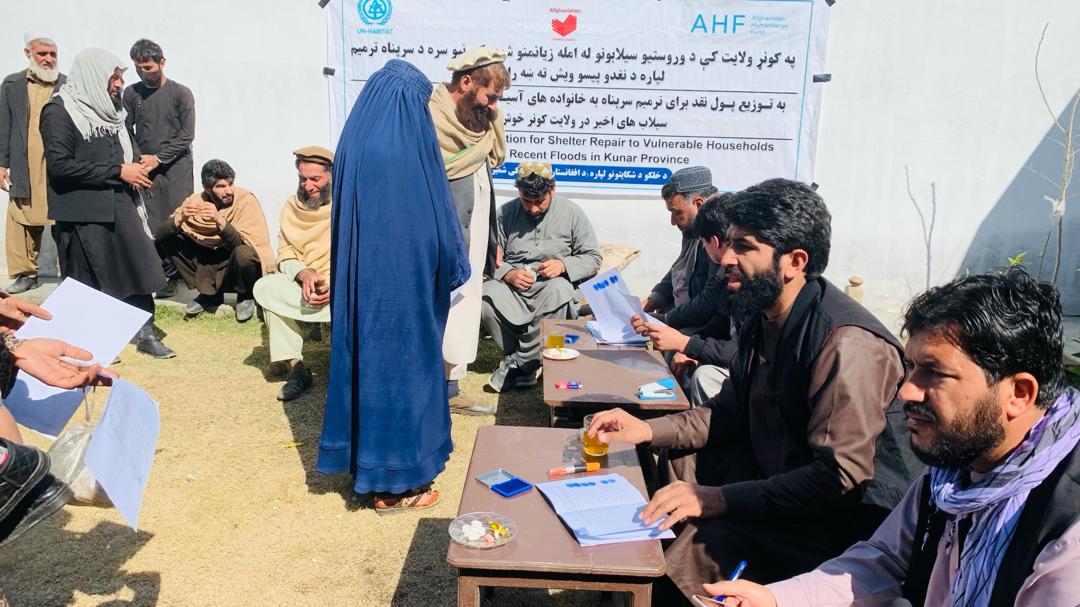KABUL, Afghanistan — Taliban have formally initiated oversight of non-governmental organizations (NGOs) in Kandahar province, according to a letter issued by the provincial Directorate of Economy and confirmed by two sources.
The directive, dated January 7, 2025, and signed by Abdul Salam Baryali, the Taliban’s director of economy in Kandahar, was addressed to the United Nations Office for the Coordination of Humanitarian Affairs (UN-OCHA). The letter mandates that all NGOs in the province submit to inspections by monitors from the Taliban’s Ministry for the Promotion of Virtue and the Prevention of Vice (VPVP).
The letter states that the inspections aim to enforce compliance with the Taliban’s newly approved law and ensure the implementation of its “Principles of Commanding Right and Forbidding Wrong.”
The letter, bearing the official seal of the Taliban’s Directorate of Economy in Kandahar, informs all “non-Emirate” organizations that their activities will be subject to Taliban oversight. It emphasizes that this monitoring is now the “official responsibility” of the VPVP and directs NGO staff to cooperate fully with inspectors.
The document specifies that inspectors will provide “necessary recommendations” to ensure adherence to the new rules, including behavioral and dress code regulations for employees.
A source within the Directorate of Economy in Kandahar confirmed that the VPVP enforcers would strictly monitor compliance. Among the requirements: male employees must grow beards and wear turbans, while female staff are obligated to fully observe the Taliban’s dress code. Noncompliance will result in penalties after three warnings.
Impact on women and staff
The directive is expected to disproportionately affect women. According to sources, VPVP enforcers aim to significantly restrict women’s participation in NGOs. Some fear the new rules may force many women to leave their jobs.
“Because of something as simple as my hijab not meeting their standards—or any other excuse—I could be dismissed or reprimanded,” said Shagufta, an employee of an international NGO in Kandahar, speaking anonymously for safety reasons.
The Taliban’s restrictions have drawn sharp criticism from aid workers. In a WhatsApp group used by NGOs in Kandahar, several officials voiced their opposition, calling the monitoring incompatible with their operational principles.
Aid organizations already face significant hurdles in delivering assistance, particularly to women and vulnerable populations. These new restrictions are likely to exacerbate existing challenges, potentially disrupting humanitarian operations in a country already grappling with severe economic and social crises.
Observers fear the new policies could further erode the capacity of NGOs to operate effectively, particularly as they navigate an increasingly restrictive environment under Taliban rule.





